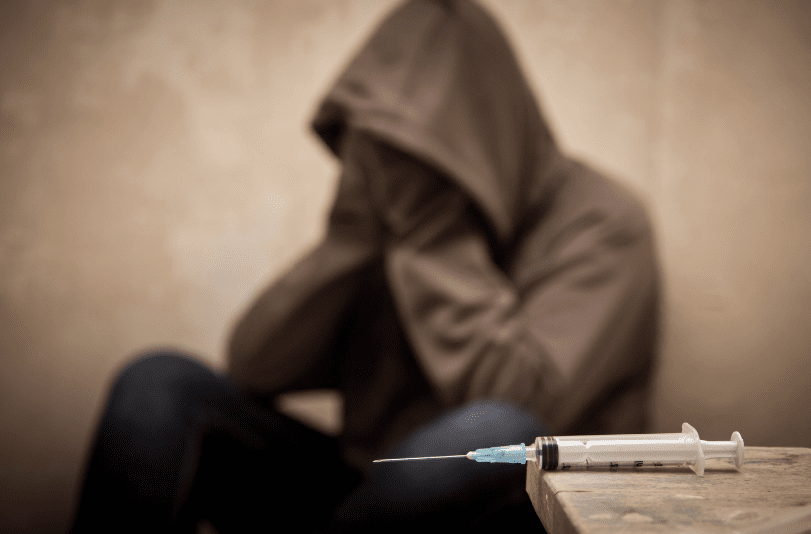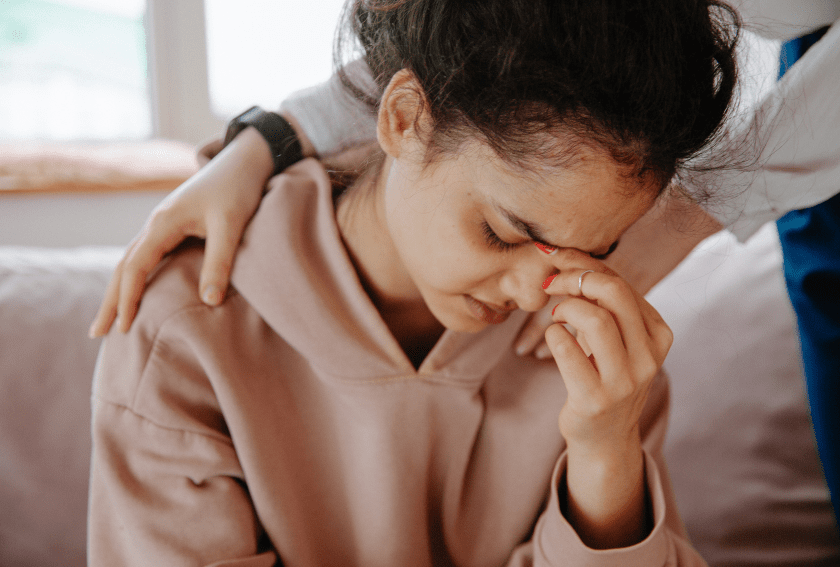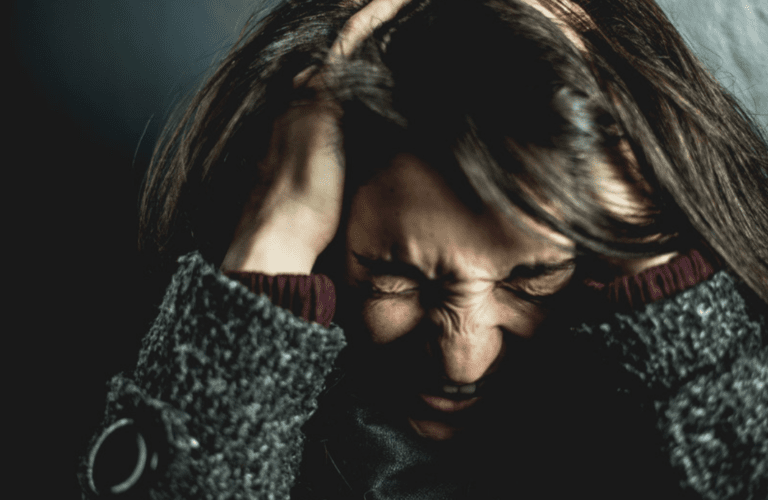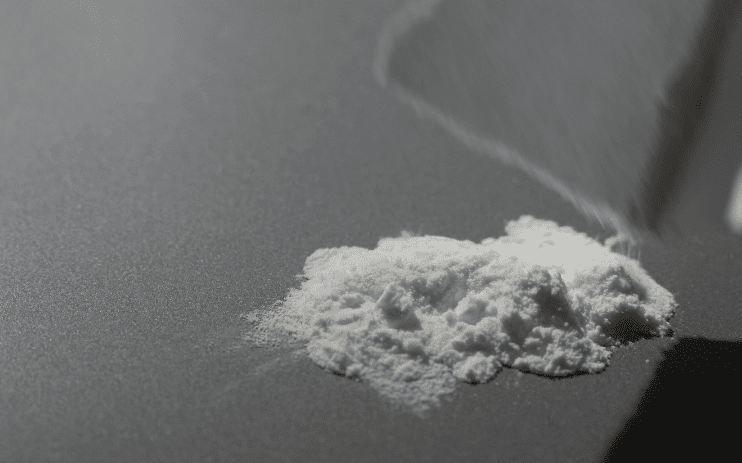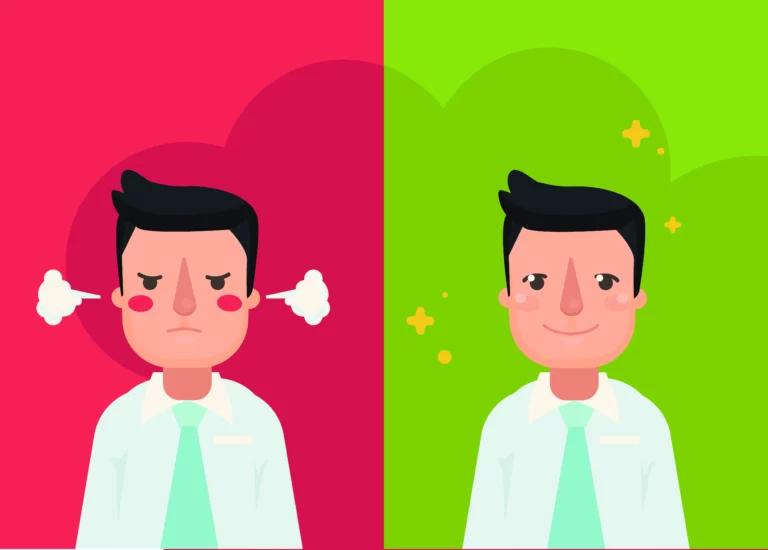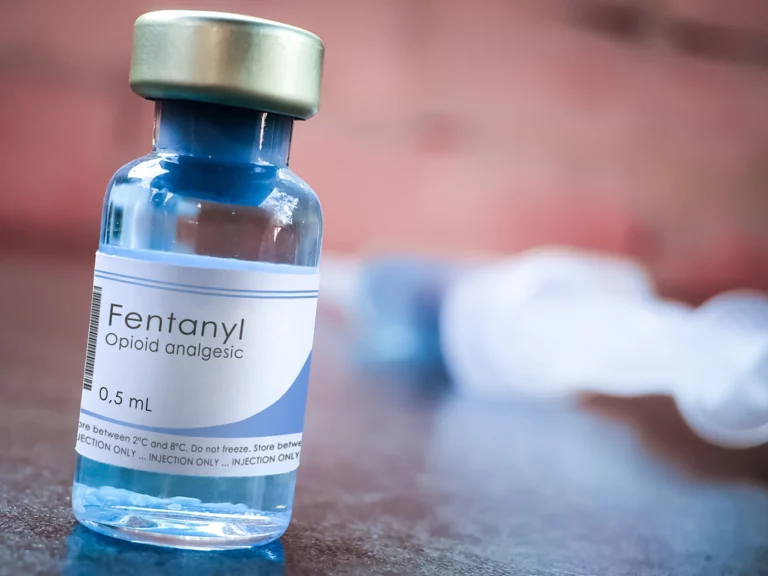What Does Heroin Withdrawal Feel Like? An Informative Guide
If you or a loved one are using heroin, it is important to be aware of the risks and symptoms associated with heroin withdrawal, as well as what to do if experiencing them. Heroin is a central nervous system depressant, classifying it as a downer. As an opioid, heroin binds to opioid receptors in the brain that then trigger the release of dopamine. This release of dopamine produces a euphoric and calming effect on the mind and body.
Many heroin users continue to take the drug for this intense sense of euphoria and relief from pain, but with regular use, the brain becomes unable to produce dopamine on its own. Heroin users then start to depend on heroin to provide dopamine and to avoid dopamine depletion. Now physically dependent on the drug, the cycle of addiction has begun.
How Long Does it Take to Withdraw from Heroin?
The length of time an individual will go through withdrawal from heroin depends on how long they have been on the drug, and on the amount they were regularly taking. Individuals who have only been using it for a short amount of time, in smaller quantities, will likely experience less severe withdrawal symptoms, and for a shorter amount of time. Those who have been heavy, habitual users generally experience a more extended withdrawal stage with more severe symptoms.
Typically, the first week produces the most challenging symptoms, as the physical craving will be at its most intense. After the second week, most of the physical symptoms will have subsided, but some psychological withdrawal symptoms may remain, improving over time.
Symptoms of Heroin Withdrawal
When an individual abruptly stops using heroin after using, they will likely experience withdrawal symptoms. The exact time frame between last use and the onset of withdrawal symptoms will vary from person to person, but generally, they set in anywhere from several hours to several days after the last use.
Symptoms of heroin withdrawal include:
- Intense craving for heroin
- Excessive sweating
- Chills
- Headache
- Nausea and vomiting
- Severe muscle aches and pains
- Fever
- Insomnia
- Cold sweats
- Diarrhea
- Anxiety
- Irritability
Heroin Detox and Addiction Treatment
According to a report by the Centers for Disease Control, heroin use by young adults has more than doubled in the past decade. The United States declared an opioid epidemic in 2017, due to the alarming and exponential increase in opioid-related overdoses and deaths around the nation. Much of the devastation of the opioid epidemic has been attributed to the rise of addiction to opioid painkillers, such as OxyContin, but heroin is also a key player.
If you or a loved one are experiencing heroin withdrawal symptoms, it means that your body has become addicted and physically dependent on the drug. The best course of action when withdrawing from heroin is to seek professional detox services. Supervised medical detox facilities specialize in assisting individuals through the drug withdrawal process in a safe and supportive environment. Withdrawing from heroin can be mentally and physically difficult, and even life-threatening for certain individuals. When detoxing alone, it can be very tempting to use heroin again to avoid the pain of withdrawal. In supervised medical detox, a person will be supported in a secure, heroin-free environment.
After the process of detoxing from heroin, it is imperative that an individual seek treatment for their addiction. Options for heroin addiction treatment include 12 step fellowships, such as Narcotics Anonymous, and addiction treatment centers.
Addiction is a life-and-death matter and must be tended to as such. Addiction recovery centers can offer immersive, full-time addiction treatment programs where individuals can recover from heroin addiction in a supervised, drug-free environment. Generally, these programs include individual and group therapy sessions and other healing modalities, as well as a network of peer support. Addiction treatment programs often offer part-time and aftercare programs as well, to offer continued support on the journey of sobriety.
Oasis Recovery Is Here To Help— Reach Out To Us Today!
If you or a loved one is seeking heroin detox or rehab, we can help guide you through the process! Our highly-trained therapeutic and clinical experts at Oasis Recovery offer a safe and comfortable space for clients to undergo addiction treatment. Our team of medical experts offers a wide range of services and amenities that are tailored to meet your particular needs. Reach out to an addiction specialist today to learn more about how we can help you navigate the road to recovery.



